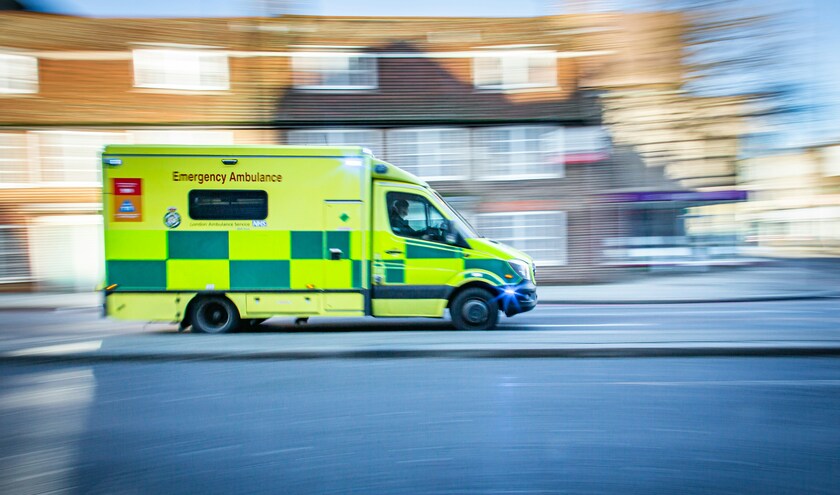The report showed only 73% of A&E patients were treated within four hours, far below the 95% constitutional standard.
Numbers of A&E diverts and ambulance handover delays were worse than over previous winters.
Noting slightly fewer patients attended major A&E departments during the winter than in 2023/24, and emergency hospital admissions fell slightly, the analysis said this suggested the NHS struggled to cope with a small increase in demand from patients needing emergency hospitalisation, while also expanding elective activity in line with Government commitments to improve elective performance.
The think-tank comments: ‘Overall, the conditions this winter, while severe, were similar to those in recent years and not far above what the NHS can normally expect. Attributing operational problems to external factors such as winter illnesses and higher demand risks offering false comfort about the resilience of the health service.
‘Our analysis shows the health service performing far worse than before the pandemic and reporting record or near-record levels of operational problems across urgent and emergency care. Ahead of the Government's forthcoming Urgent and Emergency Care Plan, this raises key questions about what might be behind some of the underlying issues contributing to what has now become an annual winter crisis.'
Liberal Democrat health and social care spokesperson Helen Morgan said: ‘The quality of care patients receive is continuing to nosedive to frankly dangerous levels, leaving many suffering and at risk.
‘We need to see the Government take up Liberal Democrat plans for a winter-proofing task force to ensure that this winter is the last winter crisis patients are forced to endure and bring an end to corridor care by the end of the Parliament.'
A Department for Health and Social Care spokesperson said: ‘Despite our actions to protect patients during the colder months, including vaccinating more people than last winter, we know hospitals are feeling the strain.
‘Annual winter pressures should not automatically lead to an annual winter crisis. That is why we have taken decisive action under our Plan for Change including ending the junior doctors' strikes – so staff are on the front line not the picket line – and rolling out the country's first RSV vaccine.
‘This Government made the difficult but necessary decision to put a record £26bn into our NHS and social care so we can make sure our emergency departments are fit for the future.'



